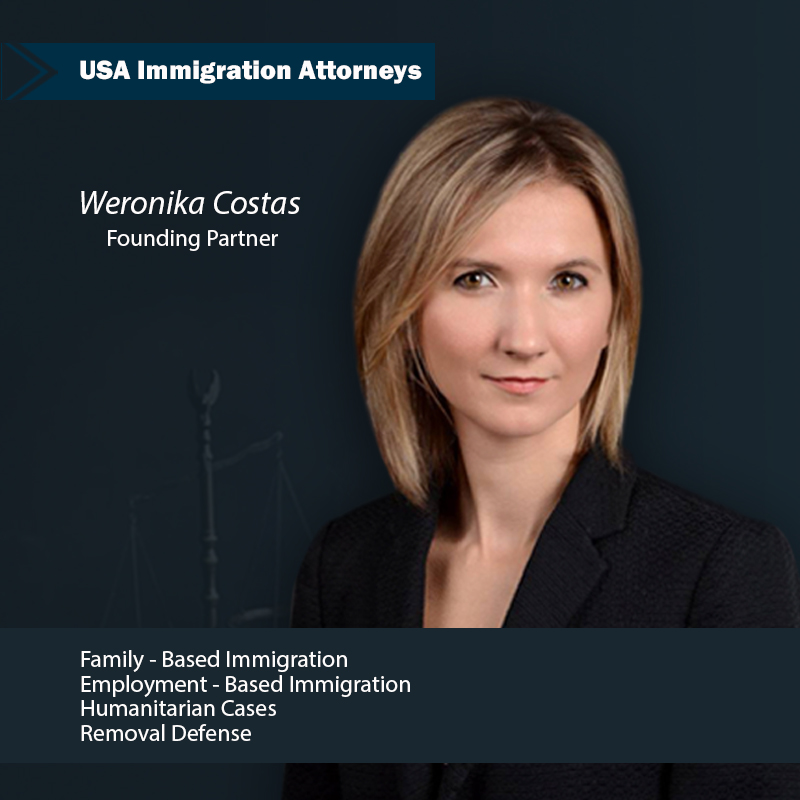Applying for a U.S. green card (lawful permanent residency) while having a pending asylum application is a complex process that involves multiple legal intricacies. Here, I will provide a detailed overview of the pathway from seeking asylum to becoming a lawful permanent resident, highlighting the necessary steps and important considerations.
Understanding Asylum Status and Green Cards
Asylum Status: Asylum is a protection granted to foreign nationals already in the United States or at the border who meet the international law definition of a “refugee”—namely, someone who is unable or unwilling to return to their country of nationality because of persecution or a well-founded fear of persecution on account of race, religion, nationality, membership in a particular social group, or political opinion.
Green Card (Lawful Permanent Residency): This status allows you to live and work permanently in the United States. There are several categories under which you can apply for a green card, such as through family, employment, or humanitarian protections like asylum.
Pathway to a Green Card through Asylum
Obtaining Asylum Status:
You must first be granted asylum to be eligible to apply for a green card. Your asylum application (Form I-589, Application for Asylum and for Withholding of Removal) must be approved by the U.S. Citizenship and Immigration Services (USCIS) or by an immigration judge if your case goes to court.
It is important to apply for asylum within one year of your arrival in the U.S., unless there are exceptional circumstances that caused a delay.
Eligibility for Applying for a Green Card:
As an asylee, you can apply for a green card one year after your asylum approval. This is done through Form I-485 (Application to Register Permanent Residence or Adjust Status).
You must have been physically present in the U.S. for at least one year after being granted asylum.
You must continue to meet the definition of a refugee, or be the spouse or child of a refugee, and have not resettled in any other country.
Application Process:
Complete and submit Form I-485 to USCIS. This form requires extensive documentation, including proof of your asylum status, identity documents, background checks, and possibly a medical examination.
You must also demonstrate that you are admissible to the United States as an immigrant. Common grounds of inadmissibility include certain criminal convictions and previous immigration violations, among others. There may be waivers available depending on the case.
Work and Travel:
While your green card application is pending, you can apply for authorization to work in the U.S. using Form I-765 (Application for Employment Authorization).
If you need to travel outside the U.S., you should apply for a travel document using Form I-131 (Application for Travel Document). This document functions as a Refugee Travel Document for asylees.
Adjustment of Status Interview:
You might be required to attend an interview at a local USCIS office. During the interview, a USCIS officer will verify your documentation and ask questions related to your application and background.
Decision:
USCIS will make a decision on your green card application based on your eligibility and admissibility as an immigrant. If approved, you will be granted lawful permanent resident status.
Legal Considerations and Challenges
The process can be lengthy and face delays. Denials might occur if USCIS finds that the asylee no longer meets the refugee criteria or is inadmissible on other grounds.
Eligibility Consistency:
- Consistent Asylum Status: You must continuously meet the definition of a refugee (or be the spouse or child of one) to adjust status to a green card holder. If there is any change in your circumstances that might affect your refugee status, it could impact your eligibility for a green card.
- No Firm Resettlement: Another important consideration is the firm resettlement bar. If you are found to have been firmly resettled in another country before coming to the U.S., you might not be eligible for asylum or a green card under asylum status.
Admissibility Requirements:
- Health-Related Grounds: Applicants must pass a medical examination which includes screening for communicable diseases and vaccinations. Failure to meet health standards can result in inadmissibility.
- Criminal and Security-Related Grounds: Any criminal history can affect your green card application. This includes crimes within or outside the U.S. Security-related issues, such as terrorism connections, also lead to inadmissibility.
- Public Charge: Being likely to become a public charge, which means primarily dependent on government assistance for subsistence, can also render an applicant inadmissible. Although asylees are generally exempt from the public charge ground of inadmissibility, it’s essential to understand all implications.
Changes in Immigration Law and Policy:
- Immigration laws and policies are subject to change, often influenced by the political climate. These changes can affect processing times, eligibility criteria, and procedural requirements. Staying informed about current policies is crucial.
Challenges
Procedural Delays:
- Backlogs and Processing Times: The U.S. immigration system often experiences backlogs, leading to long processing times for both asylum claims and green card applications. Delays can extend the uncertainty and stress for applicants.
- Administrative Errors: Mistakes in application forms or missing documentation can cause delays or denials, necessitating appeals or re-filing of applications.
Legal Complexity and Need for Representation:
- The complexity of immigration laws means that navigating the asylum and green card process without legal assistance can be challenging. Errors in understanding legal requirements or failing to properly document asylum claims and adjustment applications can lead to adverse decisions.
- Financial constraints may hinder access to competent legal help, which is crucial in effectively managing the nuances of each individual case.
Risk of Denial and Deportation:
- Denial of Green Card Application: If the green card application is denied, it may put the applicant’s current status at risk. Depending on the grounds of denial, it could even trigger deportation proceedings.
- Changing Circumstances Back Home: If the conditions in an applicant’s home country improve significantly, USCIS might decide that the fear of persecution is no longer reasonable, which could affect the outcome of both asylum and green card applications.
Social and Psychological Impact:
- The prolonged process and uncertainty can have significant psychological impacts on applicants, including stress and anxiety about potential return to a country where they fear persecution.
Conclusion
Given the complexity and high stakes of the application, consulting with an immigration attorney who specializes in asylum cases is highly recommended. Here at Costas Network, we can provide guidance tailored to your specific situation and help navigate the potential pitfalls of the application process.
Transitioning from a pending asylum status to a green card is a significant step that offers stability and long-term security in the United States. By understanding the steps involved and preparing thoroughly for each stage of the application process, you can enhance your chances of achieving lawful permanent residency. However, due to the complexities involved, seeking professional legal advice is advisable to navigate the process effectively.



